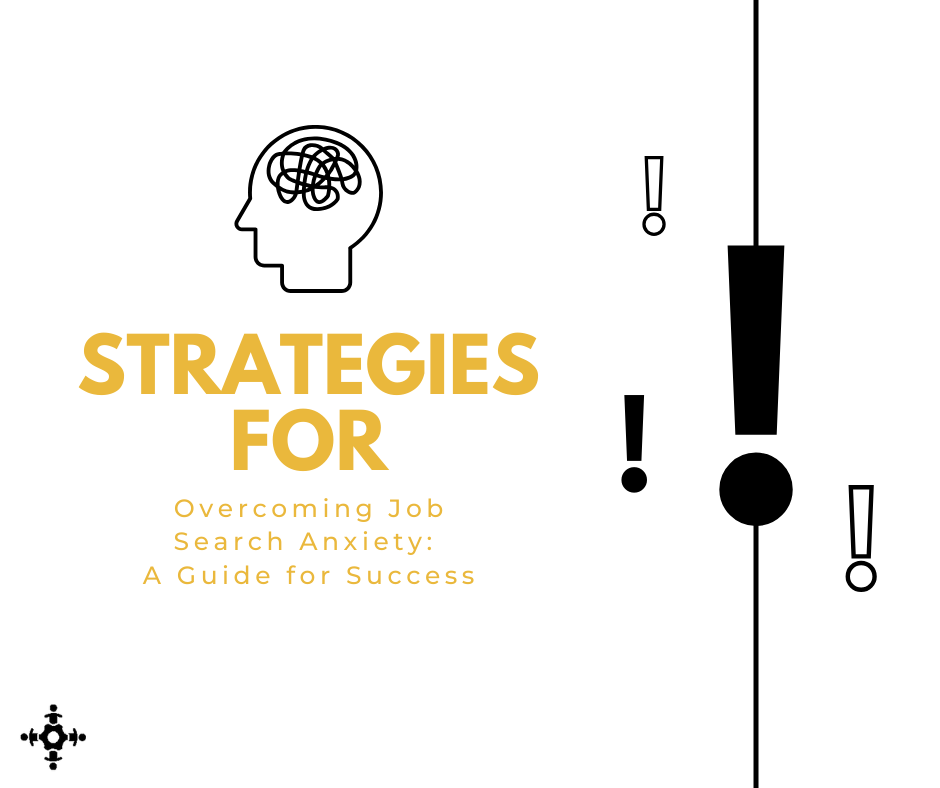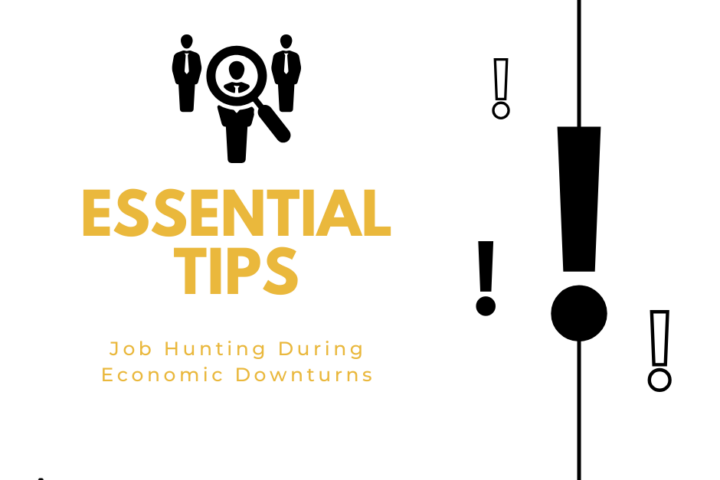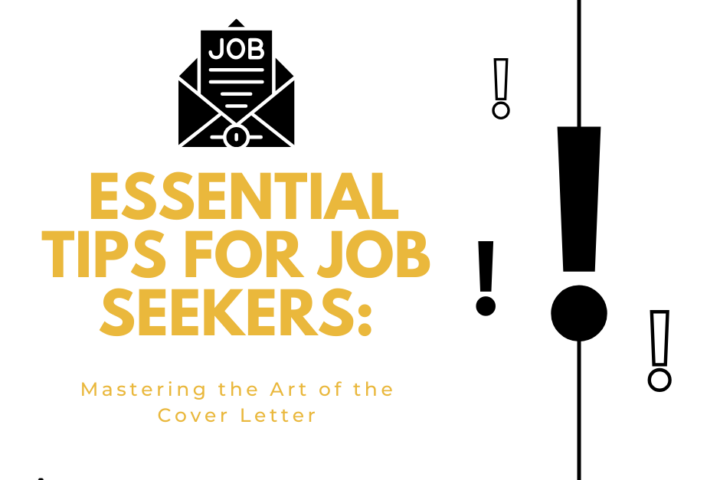Strategies for Overcoming Job Search Anxiety: A Guide for Success
Home » Candidate Advice » Strategies for Overcoming Job Search Anxiety: A Guide for Success
Job search anxiety is a common experience for many individuals, characterized by feelings of stress, doubt, and unease during the job hunting process. This can be particularly intense in competitive job markets or during economic downturns. Managing this anxiety is crucial not only for your mental health but also for maintaining the motivation and clarity needed to secure a job effectively. Here, we explore practical strategies to help you manage and overcome job search anxiety.
Understanding Job Search Anxiety
Job search anxiety often stems from the uncertainty and rejection that are inherently part of the job-hunting process. Concerns about financial stability, self-worth, and prospects can also contribute significantly to this stress. Recognizing the sources of your anxiety is the first step in managing it effectively.
Strategies to Overcome Job Search Anxiety
1. Establish a Routine
Creating and sticking to a daily job search routine can help provide structure and a sense of control. Allocate specific daily hours for job-related activities such as researching companies, networking, applying for jobs, and preparing for interviews. This can prevent the job search from overwhelming other aspects of your life.
- Example: Dedicate 9 AM to 12 PM for job applications and 1 PM to 3 PM for weekday skills development or networking.
2. Set Realistic Goals
Setting achievable goals can help create a sense of accomplishment, even in small tasks. Rather than vague objectives like "get a job," set specific, measurable goals such as "apply to three jobs per week" or "network with two people from my industry each week."
- Example: Aim to enhance your LinkedIn profile one week, focus on tailoring resumes the next, and practice interview skills the following week.
3. Focus on What You Can Control
Much of the anxiety from job searching comes from factors outside your control, such as whether a company will call you back or how long the process will take. Concentrate on improving aspects you can control, such as your resume, cover letter quality, and skillset.
- Example: Take online courses to boost your qualifications or work on crafting personalized cover letters for each application.
4. Practice Mindfulness and Relaxation Techniques
Mindfulness and relaxation techniques can significantly reduce anxiety. Practices such as meditation, deep breathing exercises, or yoga can help center your thoughts and reduce stress.
- Example: Start your day with a 10-minute meditation or breathing exercise to set a calm, focused tone for the day.
5. Network Actively
Networking can sometimes be overlooked during the job search, but connecting with others can provide support and advice and potentially lead to job opportunities. Moreover, interacting with peers can alleviate feelings of isolation and stress.
- Example: Join professional groups, attend industry meetups, or participate in online forums related to your field.
6. Take Breaks and Look After Your Health
Regular breaks are essential to prevent burnout. Set aside time for activities that you enjoy and that relax you. Additionally, maintain a healthy diet, exercise regularly, and ensure you get enough sleep.
- Example: Schedule weekends off from any job search activities to recharge or integrate short walks into your daily routine.
7. Seek Professional Help if Needed
If your anxiety becomes overwhelming or leads to prolonged depression, consider seeking help from a mental health professional. Counseling can provide strategies to cope with stress more effectively and keep your job search in perspective.
- Example: Many therapists offer sessions aimed explicitly at career-related stresses and can provide personalized coping strategies.
8. Reflect on Your Achievements
Reflect on your achievements, both professional and personal, regularly. This can help build confidence and reduce feelings of inadequacy that often accompany job searches.
- Example: Keep a log of all your job search activities and successes, no matter how small, and review it weekly to remind yourself of your progress.
To Conclude
While job search anxiety is a common experience, employing practical strategies like establishing a routine, setting achievable goals, practicing mindfulness, and actively networking can help manage and reduce stress. By maintaining a balanced approach and focusing on positive actions, you can navigate the job search process more smoothly and successfully.



